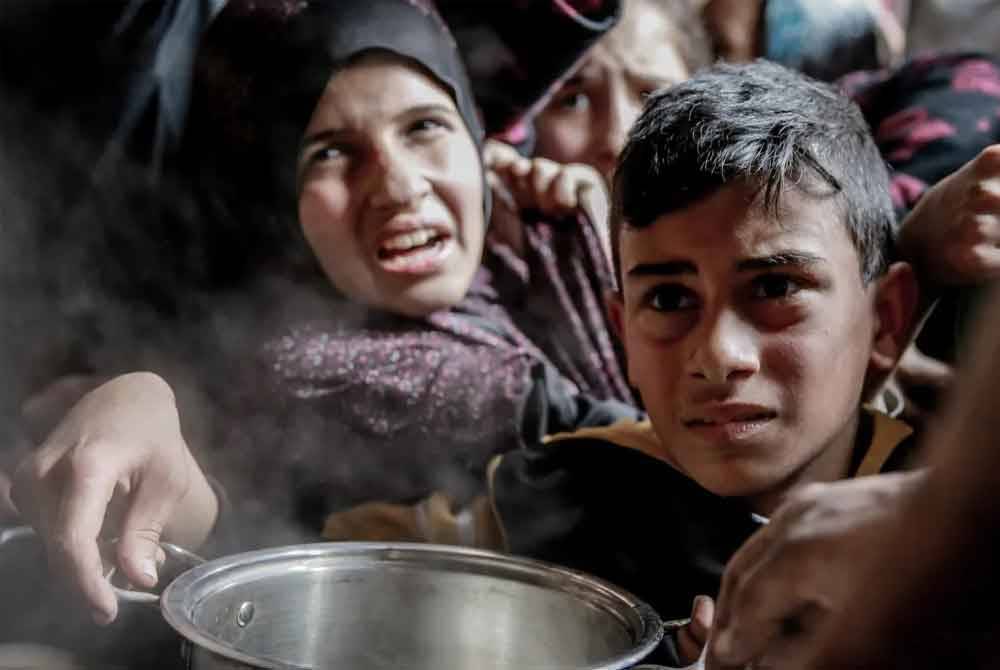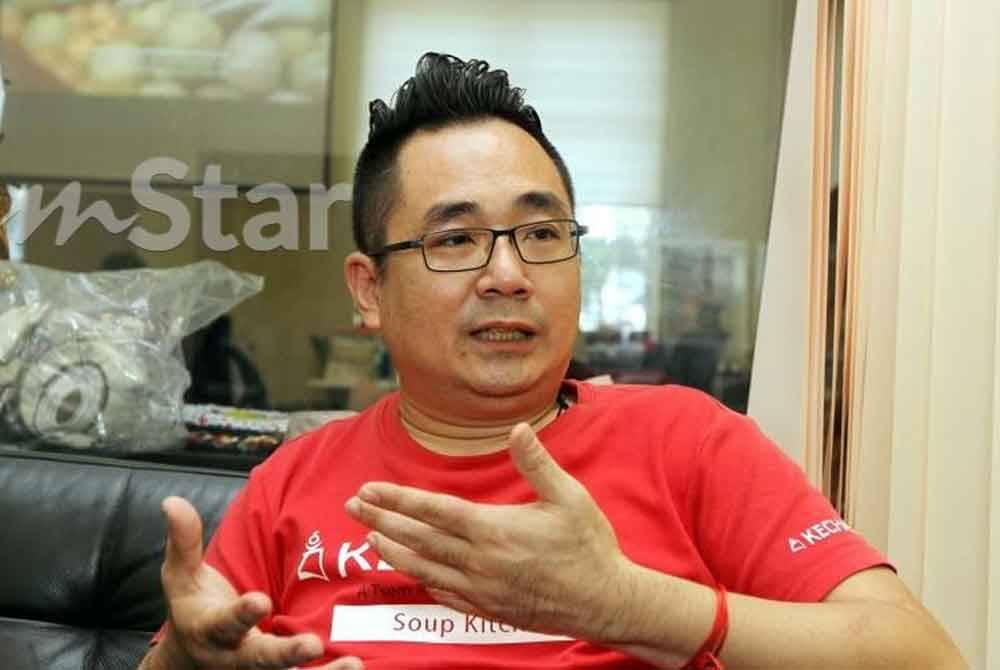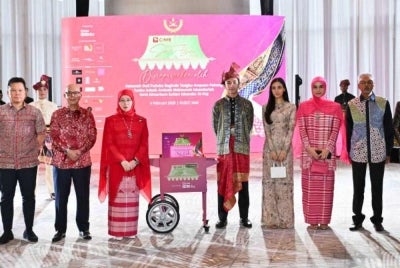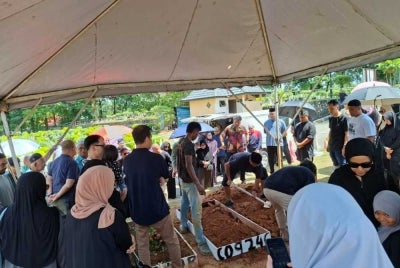900,000 tonnes wasted food can feed 264 million people
The quantity of food could meet the needs for more than a month or 36 days for all 2.4 million Palestinians who are currently threatened with starvation.

SHAH ALAM - The quantity of 90,000 tonnes of food wasted and discarded throughout last year's Ramadan could be distributed and served three times a day to over 88 million people, especially the adult homeless community.
In fact, such a quantity of food could meet the needs for more than a month or 36 days for all 2.4 million Palestinians who are currently threatened with starvation.
Kechara Soup Kitchen (KSK) Marketing Director Justin Cheah said this estimation was based on the standards of his food bank programme in Malaysia.
"It can be processed into 264 million packages and the size of each meal is approximately 340 grams.

"Usually, the types of food we serve are vegetarian dishes, bottled mineral water, bananas, biscuits and bread, either purchased or donated directly from suppliers," he told Sinar Harian.
KSK is a non-governmental organisation (NGO) actively providing meals to the homeless and urban poor for the past 15 years.
Previously on Tuesday, Consumer Association of Penang (CAP) President Mohideen Abdul Kader emphasised that a total of 90,000 tonnes of food were wasted nationwide throughout last year's Ramadan.
Meanwhile, Cheah said they understand the genuine intentions of the community who want to help the homeless by providing food throughout Ramadan, however it indirectly leads to massive wastage.
He added that this could pose a problem because the homeless receive unnecessary and excessive food aid that they cannot consume, causing difficulties for cleaning workers, especially in urban areas, to collect discarded food waste.
"Usually, when we go (to donate food), the food given by the public is piling up and the homeless have many choices.
"So, we limit hot meal aid and only provide dry food so that they can store it for a longer time," he said.
Justin urged the public to contact relevant NGOs to perform charity work and share blessings by donating to the homeless community in the country.
He said such cooperation could be carried out more systematically to prevent wastage of goods and food, not only during Ramadan but also in other months.
"Among other alternatives, the public can collect funds and donate them to food banks because we have 1,000 families in need, not just the homeless community.
"This wasteful practice should be restrained and the public should learn from it, especially considering that our fellow Muslims in Palestine currently urgently need food and raw materials.
"The best idea is to reduce wastage, as it can also save money or possibly channel it to NGOs that help the Palestinian people," Justin added.
Download Sinar Daily application.Click Here!















